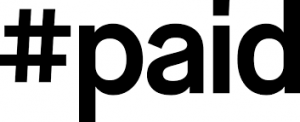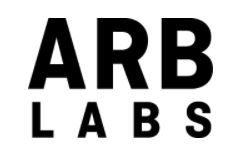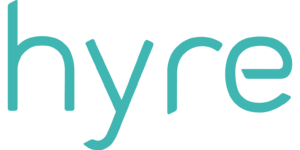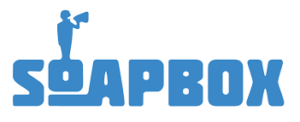With record-high inflation, wars overseas and rising interest rates, experts are telling Canadians to brace for an economic downturn and warning signs are starting to trickle to the startup and innovation economy, which can affect in a multitude of ways.
Over the last year, Canada’s tech ecosystem showed explosive growth – in fact – a recent BDC VC report showed that Canada had a record year for venture capital, breaking records by almost every metric.
While some in the startup ecosystem are sounding their warning bells, like Silicon Valley-based Y-Combinator, the industry is still positioned to continue its growth. Is it always going to be clear sailing? No. But what we’re seeing is not a halt to our momentum but rather a course correction.
It’s second nature for startups to pivot and change their mindsets to focus on the opportunities at hand. Just look at Uber, Pinterest and Whatsapp, all household names that came out of the 2008-2009 recession!
We’re here to make sure that founders stay resilient, agile and are prepared to bear the punches that may come their way.

So what can you do to start planning ahead and super-proof your business? We’re glad you asked.
1. Leverage liquidity.
Finding the right liquidity balance for your business can not only help you gain insight into if you have enough cash to pay off your short-term liabilities. but also allows you to set yourself up for strategic growth. Having enough cash on hand is important to meet financial obligations, but holding onto too much cash might leave important investment and growth opportunities on the table. Finding the right balance will ensure long-term stability and provides a good first impression when looking to secure a loan or other funding.
2. Budgeting, budgeting, budgeting.
This goes without saying, but take a moment to sit down and understand exactly where your money is going and where your main sources of revenue are coming from. Getting a thorough understanding of finances will help make tough decisions – if need be – quickly and effectively.
3. Lock in longer commitments.
Focusing on closing longer commitments such as subscriptions or multi-year agreements with customer, partnerships and client can ensure financial security in uncertain circumstances. Recession or not, this is a great tip for any startup that is looking to extend its runway and demonstrate loyalty to customers and partners.
4. Cut costs.
It’s only natural to turn to cost-cutting measures but it’s important to remember one thing – cutting costs does not mean you need to let go of talent. Cutting costs means reevaluating your spending to axe unnecessary costs. Create plans for different levels of financial scarcity to work for different scenarios the ecosystem throws at you.
5. Back-up business plans are your best bet.
This is similar to the last point, but apply it to your entire business plan. Your best bet in preparing for the unknown is to create multiple overarching plans that fit a range of realistic possibilities. These plans should include securing funding as planned, securing a smaller amount and not being able to secure funding at all. Look at other forms of funding as alternatives, whether it be grants, crowdfunding, bank loans or support from family and friends.




















 The idea for PocketHealth began with a simple experience that my brother, Harsh, had while he was working in the Bay Area in Silicon Valley. He was playing tennis and sprained his ankle quite badly. He was required to get an MRI and an X-ray, and when he was done with that MRI, he was handed two CD-ROMs.
The idea for PocketHealth began with a simple experience that my brother, Harsh, had while he was working in the Bay Area in Silicon Valley. He was playing tennis and sprained his ankle quite badly. He was required to get an MRI and an X-ray, and when he was done with that MRI, he was handed two CD-ROMs. Can you tell us more about PocketHealth’s product?
Can you tell us more about PocketHealth’s product? We’re having Directors of medical imaging and CEOs of hospitals calling us saying, “We needed this yesterday”. We’ve increased the number of sites deploying on our platform by over 300 percent monthly as imaging clinics and hospitals across North America grapple with this problem.
We’re having Directors of medical imaging and CEOs of hospitals calling us saying, “We needed this yesterday”. We’ve increased the number of sites deploying on our platform by over 300 percent monthly as imaging clinics and hospitals across North America grapple with this problem. We have some exciting deployments outside of our traditional geographic markets that will be announced soon. This is definitely a global issue. We know that patients’ desires to be in touch with what’s going on in their bodies are universal. It transcends geographic and political boundaries. The product and infrastructure we’ve built it on is designed to scale globally very quickly.
We have some exciting deployments outside of our traditional geographic markets that will be announced soon. This is definitely a global issue. We know that patients’ desires to be in touch with what’s going on in their bodies are universal. It transcends geographic and political boundaries. The product and infrastructure we’ve built it on is designed to scale globally very quickly.